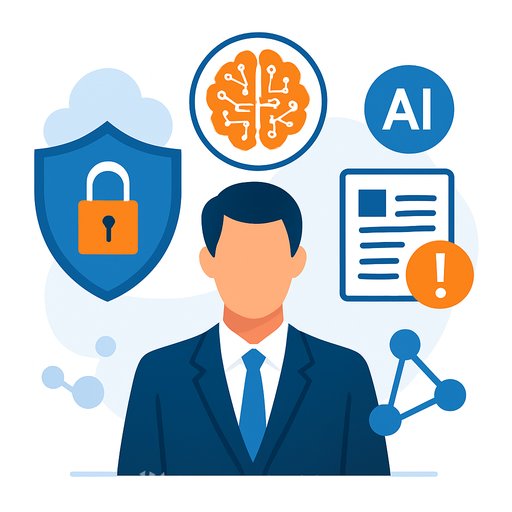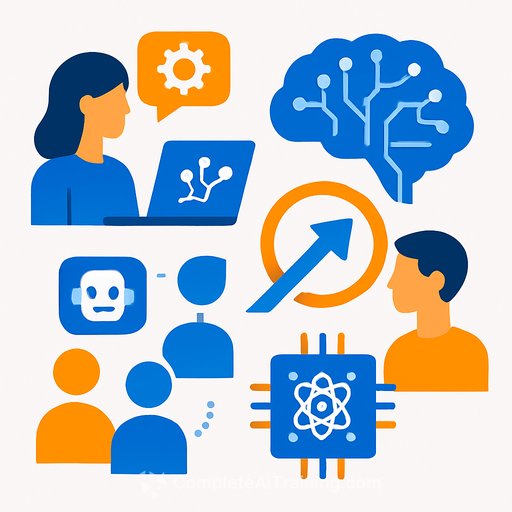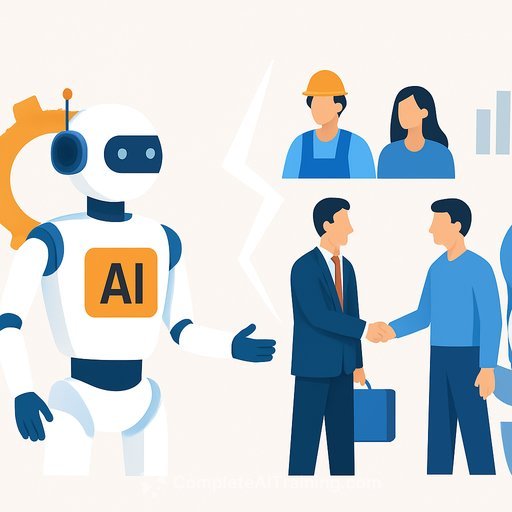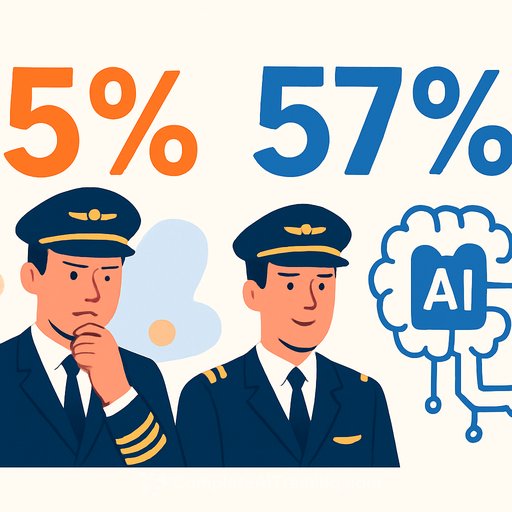Human Trust vs Automation: Will AI Replace Consulting?
As AI integration deepens in business, concerns about job displacement grow, especially in consulting. Yet, top firms like McKinsey, Deloitte, and Accenture are not being sidelined. Instead, they're shifting focus to human trust frameworks that help executives manage AI's limits and risks.
The Real Role of Consulting in an AI Era
AI tools can process vast amounts of data quickly, but they fall short in addressing the political and psychological challenges executives face. Consulting firms leverage this gap by offering risk management and accountability frameworks alongside AI-powered insights.
McKinsey: Institutional Memory Meets AI
Traditional consulting relied heavily on expert interviews and human analysis. Now, with major AI investments at stake, McKinsey has developed its Gen AI platform, Lilli. It draws from over 100,000 internal documents and client data, providing unique insights grounded in decades of experience.
Erik Roth, McKinsey Senior Partner, explains, “Our recommendations combine the firm’s entire knowledge base. This gives boards evidence-backed foundations that reduce risk in decision-making.”
Deloitte: Operationalizing Trust in AI
Deloitte addresses AI ethics and operational risks with its ‘Trustworthy AI’ framework. This approach offers clients auditable systems for bias testing and data governance, turning abstract trust into concrete risk management.
Beena Ammanath, Executive Director of the Deloitte AI Institute, notes, “Trust is essential to unlocking AI’s value. Our framework equips leaders with the due diligence needed for large-scale AI projects.”
Accenture and Microsoft: Building Practical AI Solutions
Recognizing that no single entity controls AI technology stacks, Accenture partners with giants like Microsoft to develop industry-specific AI applications. Instead of generic advice, they deliver tailored platforms for sectors such as banking compliance and supply chain optimization.
Julie Sweet, Accenture Chair and CEO, states, “We guide clients from pilots to secure, responsible scaling. Our bundled solutions include implementation plans and risk frameworks, simplifying deployment and accountability.”
Why Human Trust Keeps Consulting Essential
Executives don’t just want data or insights—they need protection. The fear of career risk makes them seek credible third-party validation for decisions. Consultants provide this cover, sharing the responsibility and shielding leaders if things go wrong.
Ross Haleliuk, Security Expert, highlights, “Senior executives need a credible advisor to endorse their strategies. It’s about distributing risk and managing accountability.”
Consulting meets a fundamental human need: managing social dynamics, reputation, and blame. AI can automate information but cannot replace the emotional and political support executives require.
As one strategic advisor puts it, “Strategy isn’t just about knowing facts—it’s a performance involving perception, power, and risk. AI can’t absorb fear, ego, or status. Executives need absolution, not just insight.”
Conclusion
AI will continue to transform how information is processed, but consulting remains vital for the human elements of leadership and decision-making. Firms that combine AI capabilities with trust frameworks are proving indispensable in today’s complex business landscape.
Executives looking to deepen their AI knowledge and understand practical applications can explore specialized training at Complete AI Training.
Your membership also unlocks:






